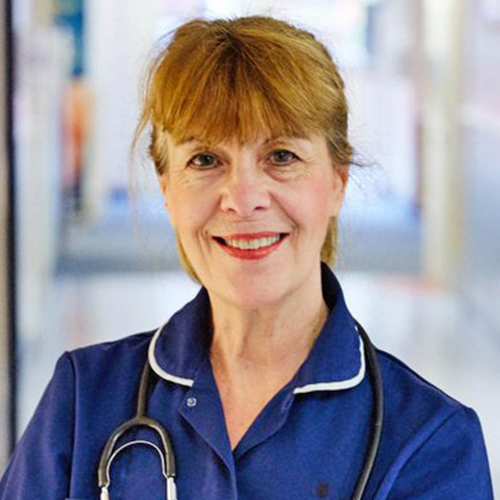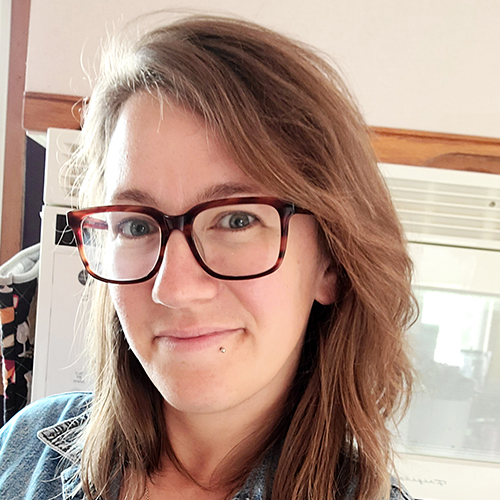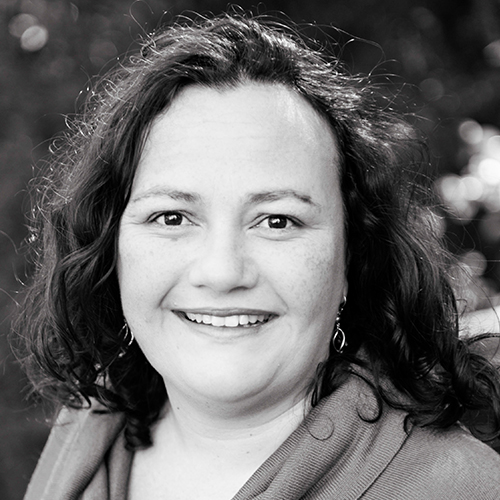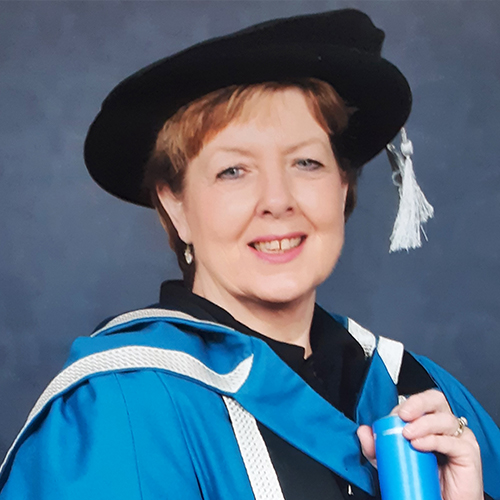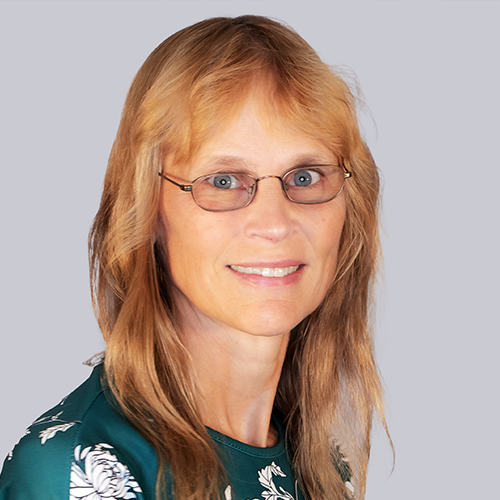 Pregnancy, Labour & Childbirth Online Course(s) & Continuing Education
Pregnancy, Labour & Childbirth Online Course(s) & Continuing Education
Access the latest clinical skills and research for Pregnancy, Labour & Childbirth for IBCLC/Lactation Consultants professional training. These Pregnancy, Labour & Childbirth online courses provide practice-changing skills and valuable perspectives from leading global experts. This Pregnancy, Labour & Childbirth education has been accredited for a variety of CEUs / CERPs and can be accessed on-demand, at your own pace.
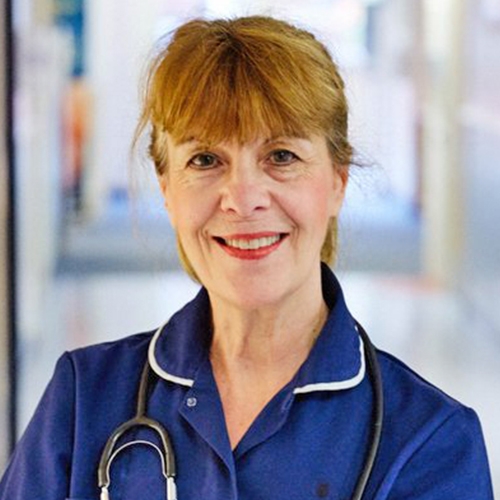
Epilepsy in Pregnancy: Reducing Risks with a Multiprofessional Healthcare Team

Kim is an advanced clinical practitioner, independent nurse prescriber, registered nurse and registered midwife with additional qualifications in epilepsy, complex pregnancies, child protection, pharmacology, advanced decision making, epidemiology, diagnosis and history taking and research. She is a specialist in antiepileptic drug prescribing management & all aspects of reducing the impact of epilepsy. Since 2000, she has conducted a women with epilepsy service which provides holistic care and treatment support from teenage years to motherhood. In addition, she established and ran for 7 years a thriving community epilepsy specialist nursing service for Southampton and since 2017, a new rapidly expanding secondary care service for Winchester. Kim designed the maternity epilepsy toolkit embedded in the SUDEP (sudden unexpected death in epilepsy) Action professional checklist and focuses professionally and academically on safety and reducing the risk of avoidable adverse outcomes. She is an MBRRACE assessor and represents the Royal College of Midwives on behalf of midwives on the valproate stakeholders committee.
Epilepsy is a pre-existing, neurological disease present in 0.3%-0.5% of all pregnancies and is associated with increased risks of morbidity and mortality during the pregnancy continuum. These risks are often determined long before conception. This is because epilepsy and its treatment can impact on: education, employment, safety, menstruation, sexuality, fertility, contraception, pregnancy, breastfeeding, parenting, bone health, mental health, quality of life, driving status and independence. This trajectory and the quality of care received during the epilepsy journey can influence pregnancy presentation and outcome. The extremes can be a woman who has received expert epilepsy care and preconception preparation to ensure the risks were minimized when embarking on a planned pregnancy versus a woman who presents with an unplanned pregnancy having received no counselling, no epilepsy specialist care, prescribed a medication that is high risk to a developing baby whilst having uncontrolled seizures. These extremes highlight the need for maternity healthcare professionals to have awareness about the potential health burden associated with epilepsy, knowledge about seizure presentation and management, information about epilepsy treatments and understanding about potential risks to the women and her developing baby and how to reduce risks during pregnancy through joined-up, holistic, multi-professional healthcare provision.

View Details / Enroll
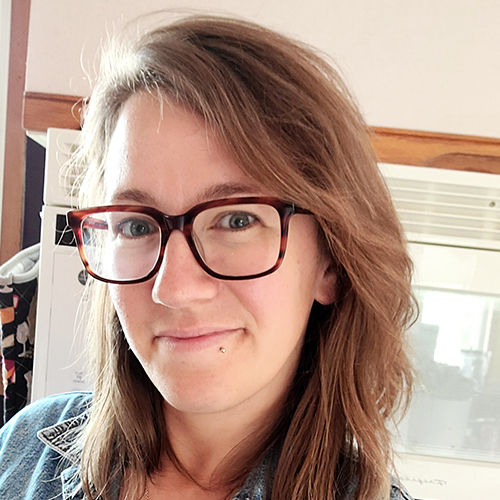
Exploring Bias and Racism in Sexual and Reproductive Health Care in Remote Canada: A Collection of Stories

Heather is a Métis Midwife from Winnipeg, Manitoba. She studied midwifery at Laurentian University, focusing on rural and remote practice. Heather practiced midwifery at the Seventh Generation Midwives Toronto for two years before moving to Hay River, Northwest Territories to establish a Midwife practice and help return birthing services to the community. Heather is now living and working in Yellowknife, Northwest Territories and is president of the Midwives Association of the Northwest Territories and is a Core Leader of the National Aboriginal Council of Midwives.
Systemic racism and bias of individuals in healthcare has a significant impact on the health and well-being of clients/patients, care providers, and communities.
The Canadian midwifery model of care is well-suited to mitigate some of the disparities caused by bias and racism in sexual and reproductive health care. It is also not impossible for well-intentioned midwives to contribute to, and uphold the systems that discriminate.
Drawing from her lived experience as a Métis midwife, Heather will share anecdotes and stories that illustrate the stark differences between communities where there is no access to midwifery care, compared to a community with access. She will explore ways that systemic racism is manifest within sexual and reproductive health care in Canada, and the impacts on patients/clients, healthcare providers, and communities.
Strategies to mitigate these negative impacts must be led by the communities that experience them and supported by others who work and live with these people. A strengths based, community-led approach must be taken. This requires taking a deep look within ourselves and the systems that we work in to understand the breadth of the problem that we face.
Participants will leave the presentation with concrete steps they can take to help combat racism and work towards dismantling systems that contribute to ongoing oppression.

View Details / Enroll
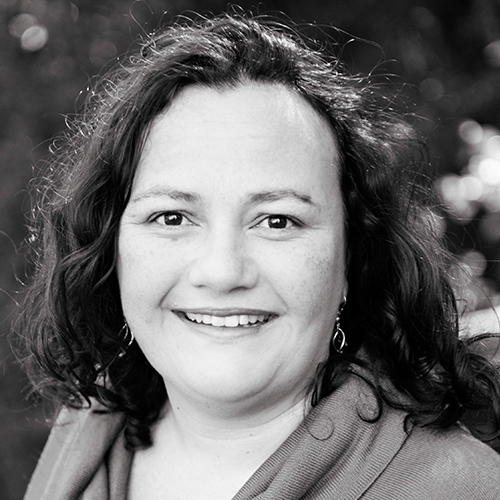

Debby Gould is a ‘BirthCare’ consultant providing education, support and counsel to women, partners, families and health professionals. Her goal is to provide transformational care to support education, empowerment and healing. She is an author of the book, ‘How to Heal a Bad Birth – Making Sense, Making Peace & Moving On’ and Co- Director of Birthtalk.org. Originally, a registered nurse she further trained and worked as a midwife, and is now a birth; educator, worker and counsellor, international author, speaker and mother of two children. For over twenty years she has supported women and men in the journey to healing after a traumatic birth, enabling women to make sense of their experience and its impact, offering hope for healing, and providing support and tools to process and make peace with what happened. She has shared in receiving the honour of a Lord Mayor’s Australia Day Community Achievement award for this work. Debby has been Birthtalk’s primary educator and facilitator of Healing From Birth meetings. She has presented for the ACM, Hypnobirthing Australia, Capers, Homebirth Australia, Australian Breastfeeding Association and various other maternal health and midwifery conferences. She guest lectures to Bachelor of Midwifery students at several Universities, and gives presentations for The Australian Doula College, Friends of the Birth Centre, Red Tent festival and other community groups. She also provides professional development for hospital midwives and doulas on the topic of Birth Trauma and how to support women to heal and have better births. She has co-written articles for Birthtalk’s blog “The Truth About Traumatic Birth” and has appeared in the media including radio, newspaper, birth and parenting magazines and podcasts and in the recent birth documentary ‘Birth Time’ as an experienced health professional’s voice to the issue of the importance of birth and traumatic birth.
Traditionally, an outcome focus has often been considered as the measure of ‘success’ in birth. When it comes to consent, that outcome tends to be ‘a live healthy baby’ and ‘the authority to do what is deemed desirable or necessary’. Considering an epidemic of birth trauma and the associations with the #metoo movement in birth, it is evident that this is not success for women and families. It is a narrow and damaging view that needs to be explored, understood, and changes made. The process of consent is valued, tangible, ethically and legally sanctioned, and provides key moments in care, to incorporate such change. A paradigm shift around consent is vital to address the experiences of assault and trauma in perinatal care. Conversation with families about consent is also a potential starting point to consciously address and intervene in damaging processes, and improve experiences, that could then be normalized and ripple out across all care delivery. Practical measures around consent and care processes will be explored with the aim to offer an intervention, when used consistently, to break the human mode of transmission of birth trauma, metaphorically, much like handwashing in our current pandemic.

View Details / Enroll
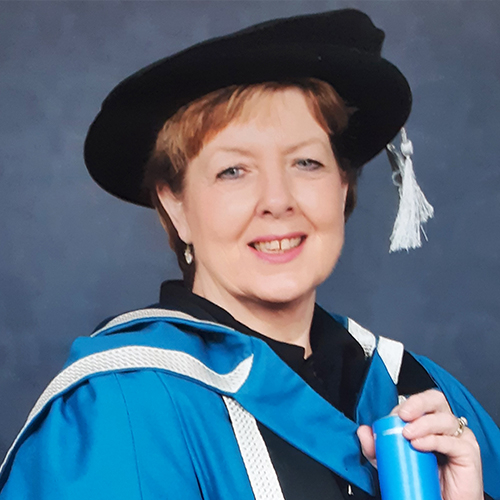
Family Centred Midwifery Care in Practice

First and foremost I am a mother, wife and latterly grandmother, my personal life has always largely informed my practice and I am always careful to remember that the women I meet are also like me in that they belong to a family.
I am a freelance consultant midwife one of the first in the UK and formerly employed at 2 very large and diverse maternity units. My career started in the 1970’s in nursing however midwifery was always my ambition and particularly the nurturance of midwifery led care.
I am a practicing psychotherapist interested in the emotional impact of childbirth; in part due to my own mothering experiences and research. I have worked closely with women to understand this phenomenon and researched emotional transition to motherhood.
Raising awareness for maternal mental health and particularly women surviving sexual abuse, I co-founded Sanctum Midwives campaigning on maternity care and sexual abuse. I have worked for many years raising awareness around the issues of maternal mental health and supporting both women and all those who work in maternity care situations. I believe positive mental health is the cornerstone to mothering and self fulfilment.
I have published widely in peer review journals but also in many books. My latest publication is ‘Understanding Anxiety, Worry and Fear in Childbearing Women’ which I edited and wrote 4 chapters. I am currently writing on the issues of child and adult female sexual abuse and its implications.
I care very deeply about women and their babies that they may come through their pregnancy and birth unharmed. I will continue to do this for the sake of midwives everywhere.
In 2016 National Health Service (NHS) England produced a report that is to be ground breaking in its ambitions and is part of the NHS Long Term Plan. The review team spent a whole year meeting with families, midwives, obstetricians and voluntary sector groups. This review team was led by Baroness Cumberledge, she understood the issues and was able to steer this work to its most important conclusion – personalised care centred around the woman and her family gives the best physical and psychological outcomes. The vision for maternity services across England is for them to become safer, more personalised, kinder, professional and more family friendly; where everywoman has access to information to enable her to make decisions about her care; and where she and her baby can access support that is centred around their individual needs and circumstances. If a small group of midwives managed the care of the woman, near to her home and she has access at all times to the information, choices about her birthing options then the benefits were huge. A reduction in premature birth, reduction in stillbirth, less risk of perinatal illness and of course reduction in maternal deaths. This is the reality for maternity services and now we are partway through implementation. I will present some of the realities for this model and the benefits for women and their families.

View Details / Enroll

Father Inclusive Prenatal Care: Coparenting Support for Expectant Fathers and Mothers

Paul Florsheim is a professor of public health at the University of Wisconsin Milwaukee and a Clinical Psychologist. He received his BA in History from Wesleyan University, an MA in Social Sciences from the University of Chicago, and a PhD in Clinical Psychology from Northwestern University. Dr. Florsheim’s research interests include public health approaches to supporting the development of adolescents and young adults, with a particular focus on healthy relations and the prevention of mental illness. He teaches courses at the that intersection of mental health and public health, including workshops on supporting young parents across the transition to parenthood. Dr. Florsheim has published over 50 journal articles and three books, including "Lost and Found: Young Fathers in the Age of Unwed Parenthood" and "The Young Parenthood Program: A Guide to Helping Young Mothers and Fathers Become Effective Co-parents, both published by Oxford University Press. Among his current research/intervention endeavors, Dr. Florsheim is co-directing the Father Inclusive Prenatal Care study in Chicago, which is funded by the Administration for Children and Families.
Father Inclusive Prenatal Care (FIPC) services are designed to provide expectant fathers with co-parenting support and parent education to help assure a successful transition to parenthood. We know that children are more likely to thrive when fathers are positively engaged in child-rearing. The two fundamental premises of the FIPC model are that: (1) many new fathers need support to successfully meet the interpersonal and psychological challenges of parenthood; and (2) prenatal clinics are well situated to address this need by expanding services to include expectant fathers. The FIPC approach begins with an engagement process that underscores the developmental significance of fatherhood, identifies what each father needs to prepare for parenthood, and tailors services to address those needs. The components of the FIPC program include communication skill building, psychoeducation about newborn care, and psychological support to help young men and women develop their identities as parents. This presentation will be delivered in three parts. Part one introduces the FIPC model, describing the step by step process of program delivery. Part two uses case material to demonstrate how to tailor FIPC services to individualized needs. Part three briefly describes ongoing research that supports the efficacy of the FIPC model.
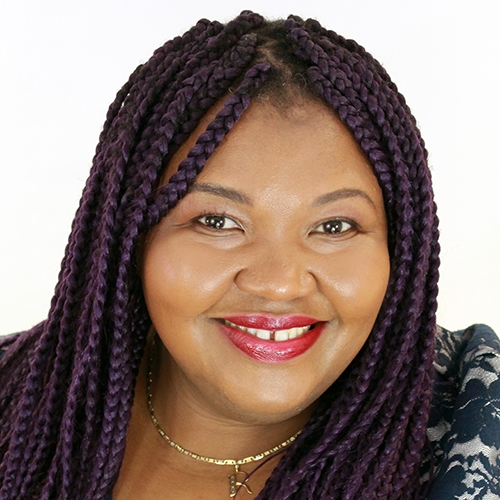
Foetal Programming and the Impact of Stress

Dr. Ruth Oshikanlu MBE is a multi-award winning nurse, midwife and health visitor. A nurse entrepreneur, consultant, leader and parenting expert, she is passionate about supporting vulnerable children and their families to reduce health inequalities and improve their life outcomes. Her previous roles include: HIV specialist midwife, Family Nurse at one of the first pilot sites of The Family Nurse Partnership intensive home visiting parenting programme for vulnerable families, and Nurse Leader of The Lewisham Young People’s Health and Wellbeing Service.
Ruth is a Pregnancy Mindset Expert and supports pregnant women who have had assisted conception or previous pregnancy loss. She is the author of Tune In To Your Baby: Because Babies Don’t Come with An Instruction Manual.
Ruth is a Queen’s Nurse, Fellow of The Institute of Health Visiting, Royal College of Nursing and The Royal Society of Arts. She is the recipient of several national healthcare and business awards; a regular columnist and has published several feature articles in numerous national nursing and healthcare journals.
Ruth was appointed a Member of the Order of the British Empire (MBE) in the New Year 2019 Honours List for being an Ambassador for the Health Visiting Profession and for services to Community Nursing, Children and Families. She is a Churchill Fellow and was awarded an honorary doctorate degree from London South Bank University in November 2019.
Topic: Foetal Programming and the Impact of Stress - [View Abstract]
Foetal programming refers to changes in the environment in utero during specific critical or sensitive periods and the long-term effect on the child. Maternal stress and anxiety during pregnancy represents an important aspect of the intrauterine environment and can alter the development of the foetus and child and can influence many, if not all, developmental outcomes. The presentation will explain what foetal programming is, why it matters and discuss how stress impacts it. It will discuss the importance of building therapeutic relationships with clients and their families. It will conclude with the tools and strategies to equip professionals who work with women, children and their families to better support them in pregnancy and the first three years of life.
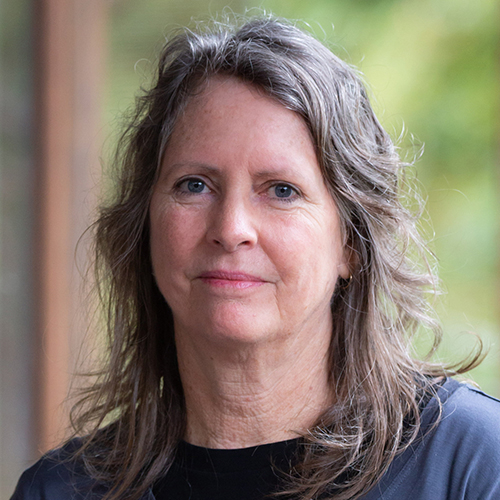
Hand Jiggling the Pelvis in Birth: Creating Space & Improving Labour Progress

Jenny Blyth has been supporting women & parents through natural birth for over 40 years. She is an independent birth educator, birthworker, bodyworker, Associate Practitioner of Ortho-Bionomy, Spinning Babies® Approved Trainer, Spinning Babies® Aware Practitioner & Trainer, & Internal Pelvic Release Work Practitioner & Trainer. Her particular focus is on body awareness & body preparation for birth & recovery, & encouraging greater self-responsibility in parents - to realise potential in birth & reduce birth trauma. She specialises in pelvic bodywork for wellbeing, balance, comfort & healing. Other birthwork interests include nourishing birthing wisdom & challenging beliefs & assumptions about birth care. Jenny regularly facilitates workshops in Australia & overseas. She is project co-ordinator for Lao Birthwork, teaching hands-on & emergency skills to health staff in remote areas of Northern Laos. She is also an author – The Down to Earth Birth Book, Birthwork - & filmmaker -The Big Stretch films & A World of Birthworkers. Jenny lives in the Australian bush with her partner, and is the mother of 3 grown children and grandmother of 3.
Jenny Blyth has been supporting women & parents through natural birth for over 40 years. She is an independent birth educator, birthworker, bodyworker, Associate Practitioner of Ortho-Bionomy, Spinning Babies® Approved Trainer, Spinning Babies® Aware Practitioner & Trainer, & Internal Pelvic Release Work Practitioner & Trainer. Her particular focus is on body awareness & body preparation for birth & recovery, & encouraging greater self-responsibility in parents - to realise potential in birth & reduce birth trauma. She specialises in pelvic bodywork for wellbeing, balance, comfort & healing. Other birthwork interests include nourishing birthing wisdom & challenging beliefs & assumptions about birth care. Jenny regularly facilitates workshops in Australia & overseas. She is project co-ordinator for Lao Birthwork, teaching hands-on & emergency skills to health staff in remote areas of Northern Laos. She is also an author – The Down to Earth Birth Book, Birthwork - & filmmaker -The Big Stretch films & A World of Birthworkers. Jenny lives in the Australian bush with her partner, and is the mother of 3 grown children and grandmother of 3.
Jiggling the external pelvic soft tissues by hand is a highly effective and recommended way to mobilize the pelvis, release tension, synchronize body systems, create more space to optimise or change the baby's position, and calm the nervous system – in pregnancy and in birth. It has also been known to facilitate labour progress in general, and in particular when labour has stalled. Highly enjoyable and simple to implement, it is an easy-to-teach practice for both care-providers and couples. This presentation will cover the why and how of pelvic jiggling, including touch considerations and contraindications.


Maureen Campion MS LP is a licensed psychologist and relationship expert. She specializes in the early years of parenting and building securely attached families. Through her weekly newsletter Notes from a Marriage Geek and workshops she offers inclusive, research based marriage and parenting education. She turned her personal birth trauma experience into a passion for guiding couples through their healing and is the author of Heal Your Birth Story. Find Maureen at Marriagegeek.com
While we know how joyous and beautiful birth can be, we also know that about 10-15% of women experience something traumatic at birth. Birth trauma impacts mothers, babies and those that care for them. Psychologist Maureen Campion has been offering her Healing Birth Stories workshop for 9 years and turned her professional and personal work into a book that supports women and families on their healing journey. She offers compassionate and effective tools to support both survivors and the professionals that work in this field. Come join us as we delve into the tough emotions around birth and explore our own trauma while looking at healing and transforming the stories we carry around birth.
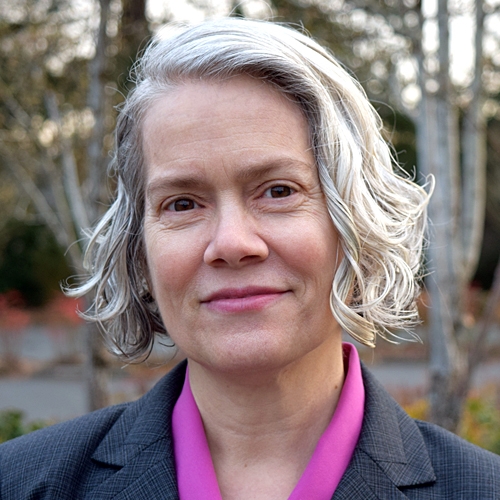
Heartbroken: Loss and Grief in the Perinatal Time Period

Cynthia Good, MS Clinical Psychology, is an International Board Certified Lactation Consultant, Clinical Counselor, author, consultant, and internationally recognized speaker. She is the Director of LifeCircle Consulting, LLC and is Certified in Acute Traumatic Stress Management. She is based in the Seattle, Washington, USA area, where she formerly served as an Adjunct Professor in the Department of Midwifery at Bastyr University where she taught counseling skills and is a therapist at Sandbox Therapy Group where she works with children, adults, and families. Cynthia has a strong interest in the emerging field of lactational psychology. She brings the evidence and insights of psychology and lactation consulting to her presentations, providing information and teaching skills that are essential to understanding and effectively responding to the complex psychosocial realities of families living in diverse contexts. The focus of her presentations includes communication skills and counseling techniques for perinatal care providers; equity, diversity, and inclusion; infant feeding rhetoric; perinatal mental health; perinatal loss, grief, and trauma; ethics; serving as an expert witness in lactation-related court cases; cultural competence and humility; vitamin D; and more.
Topic: Cultural Competence or Cultural Humility? A Roadmap for Lactation Specialists - [View Abstract]
Topic: Heartbroken: Loss and Grief in the Perinatal Time Period - [View Abstract]
Topic: It Wasn’t Supposed to be Like This: Traumatic Birth, Traumatic Stress, and Breastfeeding - [View Abstract]
Topic: My Brain is Doing What? Bias, Ethics, and the Lactation Specialist - [View Abstract]
Topic: Perinatal Mental Health Screening: A Primer for Lactation Specialists - [View Abstract]
Topic: The IBCLC as Expert Witness: Role, Strategies, and Resources - [View Abstract]
Topic: The Rug Pulled Out from Underneath Me: Depression During Pregnancy and After Birth - [View Abstract]
Topic: Unpacking the Invisible Diaper Bag of White Privilege: An Overview of Racial Inequities in Breastfeeding Support - [View Abstract]
Topic: We’re Human, Too: Hidden Dynamics in Our Communication with Clients - [View Abstract]
A variety of losses and types of grief are common in the perinatal time period. Some of these losses are specifically related to the reproductive and perinatal experience and some just happen to occur during pregnancy or after birth. Perinatal care providers who understand the diverse experience of loss and grief are better able to provide compassionate and effective care for the families they seek to serve. This presentation provides an overview of loss and grief, including the difference between bereavement, grief, and mourning; ambiguous loss; disenfranchised grief; prolonged grief; chronic sorrow; and depression. It also describes skills—such as companioning, screening, and referral—that are part of providing grief-sensitive care to expectant and new parents who are coping with loss and grief.

View Details / Enroll
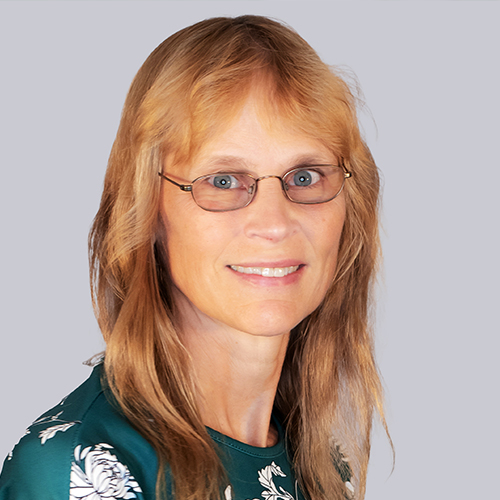
How Do You Respond to the Unusual? Case Studies of Uncommon Events in Birth

Bonnie Urquhart Gruenberg, CNM, MSN, CRNP, is the award-winning author of Birth Emergency Skills Training; Manual for Out-of-Hospital Midwives, and co-developer of the workshop by the same name. In 2023, her long-awaited seminal work, Birth Emergencies for Community Midwives, will come to press. She has caught more than 2,100 babies to date in the home, in a free-standing birth center, and in the hospital. She currently works for Wellspan Health in Lancaster County, PA. Bonnie has written and illustrated 12 books on topics ranging from midwifery and maternity care to wild horse management. She enjoys painting, photography, and hobby farming.
Topic: Placentas Behaving Badly - [View Abstract]
A seasoned midwife sometimes encounters unusual situations in clinical practice. In these unique case studies, we will consider the challenges of paravaginal birth, uterus didelphys, cervical myoma, and acute urinary retention in the second trimester.

View Details / Enroll



